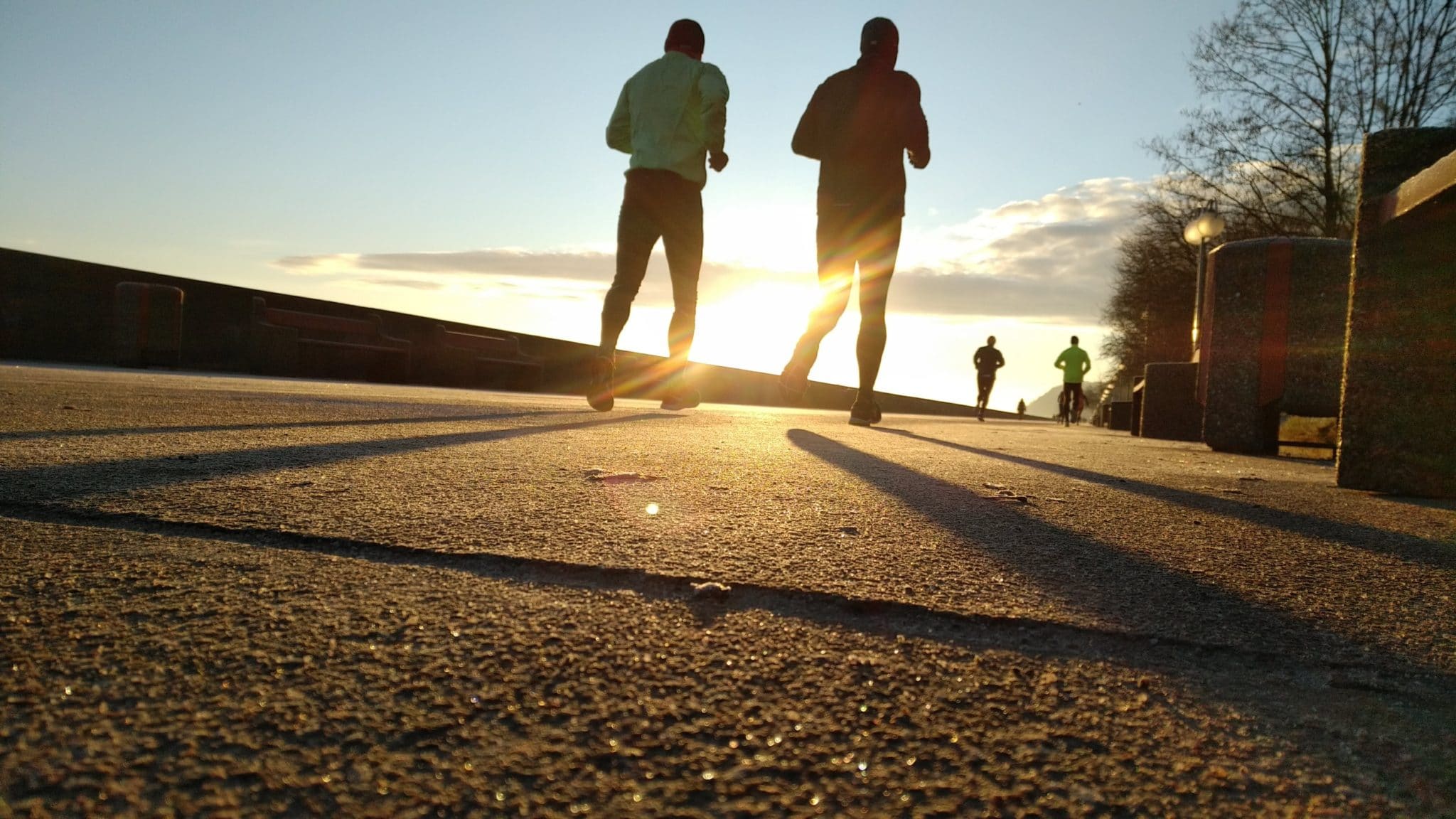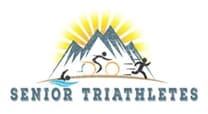How Seniors Can Prepare for their First Triathlon

By Laurie Larson, Contributor
Triathletes of any age who are motivated and self-disciplined can safely and effectively train for a triathlon. Remember that a triathlon is not so much a sport for only the elite, but really it is a hobby that people work into their everyday lives, much like work, family, and routine duties.
According to the New York Times, there is a growing number of seniors involved with triathlons, and the Center for Disease and Control encourages older athletes to join in competitive sports. In fact, membership of USA Triathlon by older athletes has gone up by 230 percent since 2005!
Getting Started
So what age defines an “older” athlete? By most accounts, athletes over 50 are considered older, but that in no way means fitness and performance decrease as you age. To the contrary, you can perform well and continue to improve as an athlete every increasing year and decade of your life. If you are new to all three components of a triathlon, preliminary starter tips regardless of decade include:
- If you are new to swimming, biking, and running, choose just one to work on at a time and utilize beginner training plans, building up slowly over time.
- Look for local races and consider volunteering, where you can chat with people for knowledge and details about triathlons, as well as gain insider tips.
- Join a triathlete training program where you can make some friends and be encouraged to be persistent with accomplishing small, manageable goals.
According to Ironman Coach Sally Drake, the limits you may experience with age include muscle loss, slower metabolism, loss in bone density, weaker immune system, and loss of joint range of motion. In order to account for such limitations, Drake says you must recognize the signs that you need to slow down or take more rest, especially if you feel pain.
See testimonials of triathletes over 50 and see Ironman training plans for triathletes who are 55+.
In terms of your 50s and then 60s and beyond, remembering specific guidelines and training recommendations per your decade will help you perform well and reduce the chance of injury. No matter how old you are, people are prone to injury and it can become more serious as people age. That’s why it’s so important to recover properly after any sporting event. We always see professionals getting sports recovery, but it’s also important for normal athletes to recover also. After running a triathlon, seniors need to make sure they receive some sort of athletic recovery treatment to keep themselves in good shape for their next sporting event. Seniors could always try and follow these tips to reduce their chance of injury too:
Training in Your 50s
According to 220 Triathlon, your joints begin to stiffen as your cartilage thins and the amount of lubricant surrounding your joints decreases. To combat this factor, choose to run on alternate days with interval sessions just once a week, in order to go easy on your joints and maximize performance. 220 Triathlon recommends a 2:1 training approach where you work hard for two weeks and rest for one week, and during that week of rest and recovery, engage in stretching, yoga, and massage. You want to reduce risks involved with overtraining and burning yourself out.
Training in Your 60s and Beyond
As you age, your muscle mass decreases. Remember that as you age, strength training is more and more critical, as by the time you turn 70, 24 percent of muscle mass is lost, where strength training increases these muscle building hormones. Restoration through sleep becomes more and more important, and napping can be very effective as well.
According to 220 Triathlon, better sleep and napping improve alertness, enhance performance, and reduce mistakes. On top of this, you can get extra alertness by consuming caffeine powder before a triathlon. If you’re well rested and have that extra boost, you’ll be able to perform to the best of your ability. Napping over 40 minutes increases release of the testosterone and growth hormone that helps repair and build muscle. It’s critical that your time of sleep is conducive of restoration, so be sure you can stay comfortable and avoid exacerbating your pain through sleeping on an improper sleeping structure. While your sleep is an important part of your rest and recovery, taking breaks is as well. Make sure you’re properly scheduling workouts and take two days of rest between your trainings.
If you don’t want to go out to do such exercises, you can hire an in-home care professional. The caretaker may assist you with the stretches, as well as your medication and other basic chores. Depending on your circumstances, there are several key types of aged care services to consider. These services include in-home care, respite or short-term care, and residential care (such as nursing homes or retirement villages). So, look for elderly care services that are appropriate for your needs and circumstances. You can learn more about such aged care services by visiting websites like careforfamily.com.au.
Consulting with Your Doctor
As with any matter concerning your health, it’s important that you consult with your doctor when making any major lifestyle changes. Once you decide to start training for a triathlon, it’s wise to visit with your doctor before, during, and after to be sure you are staying safe and healthy. Your doctor may be able to advise you on specific stretches, limits, and medications that could help you along the way. It’s always better to be safe than sorry, so keeping your doctor involved in the process is the best way to train. If you need any training tips, you can visit KCSS Online and sites alike, for workout advice as well as healthy lifestyle changes.
It turns out that age truly is just a number, provided that you account for changes in your body over time. Whether you are an aspiring athlete or someone who has been at this for a lifetime, with a proper training plan, diet, and persistence, the sky’s the limit!
Laurie Larson is a freelance writer based out of NC. She enjoys writing on health and lifestyle topics to help others live their best, healthiest, and happiest life!
You may also be interested in these posts
- “My First Sprint Triathlon was in 19 Days” – Pat Johnson’s Story
- “How I Prepared for My First Triathlon” – Liz Lawson’s Story
- 15 Reasons for Those 50 and Older to Do Triathlons
